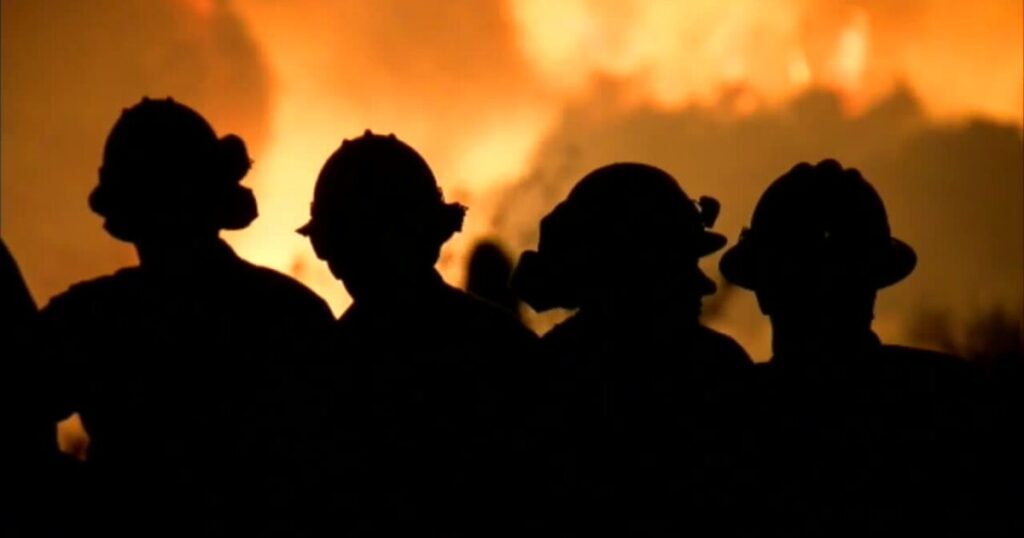PHOENIX — As temperatures rise and drought conditions worsen across the American West, experts warn this wildfire season could be one of the most severe in recent memory — especially in states like Arizona.
While communities brace for flames, a growing crisis is smoldering behind the scenes: the jobs of thousands of Forest Service employees remain in limbo, threatening critical firefighting operations nationwide.
At the heart of this controversy is the fate of 3,400 probationary Forest Service workers whose positions were abruptly terminated in February under a USDA workforce reduction plan initiated during the Trump administration. Though court rulings have since placed many of these employees on administrative leave or temporarily reinstated them, their future beyond May 23 remains uncertain.
Bobbie Scopa, a retired firefighting veteran with 45 years of experience, says the impact of these cuts is already being felt on the fire lines.
“The firefighters cannot be effective on a fire without having the planning section supporting them with maps, the finance section paying the bills, and the logistics section getting the food and water out there,” Scopa told ABC15.
While the public may think only support personnel were affected, Scopa emphasized that many of the laid-off workers are also qualified wildland firefighters — some of whom serve in multiple roles, from biologists to recreation technicians.
“There are firefighters that have been fired,” she said. “Maybe they work as a biologist, but they still go out on fires.”
The strain on firefighting crews is compounded by worsening environmental conditions. Snowpack across the Southwest is at record lows, and winter rains largely failed to materialize. With dry vegetation and rising heat, the risk of fast-moving, large-scale fires has skyrocketed.
“This has the potential, in Arizona, to be one of the worst fire seasons,” Scopa warned.
Though the federal government recently secured permanent pay raises for wildland firefighters — a long-fought victory for many — Scopa says money alone won’t fix the deeper issue.
“All the money in the world doesn’t help this feeling of helplessness when you’re responding to a fire, but you don’t know if you’re going to have all the support necessary to make you successful.”
With fire teams stretched thin and essential support systems missing or unstable, Scopa urges the public to do their part: clear brush, rake pine needles, and take ownership of defensible space around homes and cabins.
“What people can do is start getting involved and start recognizing not only their personal responsibility for their property, but also their responsibility to the greater good,” she said.
As the legal battle over the layoffs continues, firefighters and communities alike are left in a dangerous limbo — one that could cost more than jobs if wildfires burn without the necessary teams to stop them.



